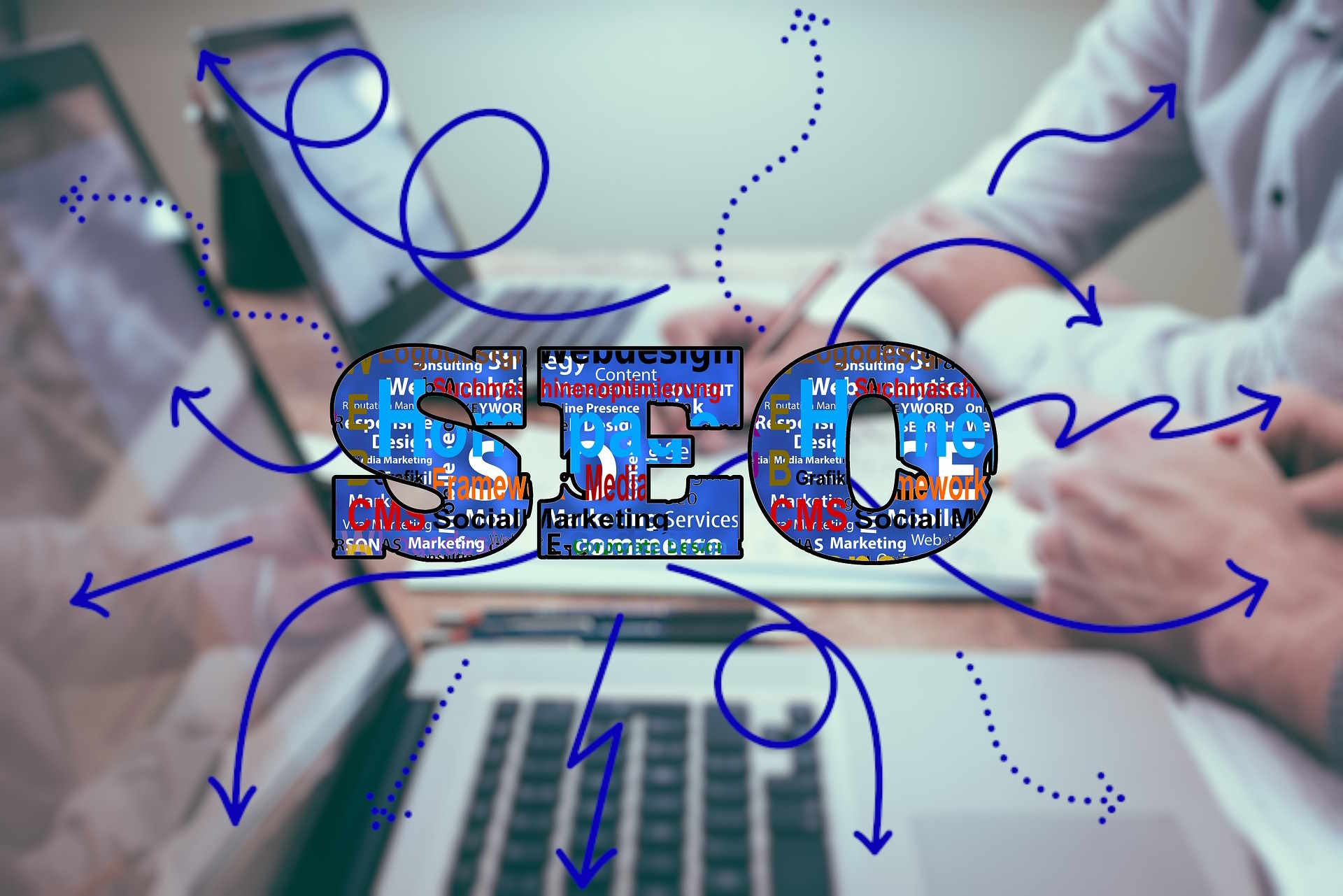Digital Marketing Degrees: Online Study Options for Modern Careers
The digital marketing landscape continues to expand rapidly, creating substantial demand for qualified professionals who understand both traditional marketing principles and contemporary digital strategies. Online degree programmes in digital marketing offer flexible pathways for students to develop expertise in areas such as social media marketing, search engine optimisation, content creation, and data analytics. These programmes typically combine theoretical knowledge with practical applications, preparing graduates for roles in agencies, corporations, or entrepreneurial ventures. With the convenience of remote learning, students can balance their studies with work commitments whilst gaining relevant qualifications recognised by employers across various industries.

How Can You Study Marketing Online Today?
Modern online marketing education has evolved significantly from basic correspondence courses to comprehensive, interactive programmes that rival traditional classroom experiences. Students can access live lectures, participate in virtual workshops, and collaborate on real-world projects through sophisticated learning management systems. Many programmes incorporate industry-standard software training, including Google Analytics, social media management platforms, and customer relationship management tools.
Online study formats vary considerably, with options ranging from fully asynchronous courses that allow students to work at their own pace, to synchronous programmes featuring scheduled virtual classes. Hybrid models combine online coursework with occasional in-person workshops or residencies, providing flexibility whilst maintaining some face-to-face interaction. These diverse formats enable working professionals, parents, and individuals with geographical constraints to pursue marketing education without relocating or leaving their current employment.
What Are Modern Marketing Degree Programs Teaching?
Contemporary marketing degree programmes reflect the industry’s shift towards digital-first strategies and data-driven decision making. Core modules typically cover consumer behaviour, brand management, and marketing research, whilst specialised courses focus on emerging areas such as influencer marketing, marketing automation, and artificial intelligence applications in marketing.
Students learn to navigate multiple digital channels, from traditional email marketing to newer platforms like TikTok and emerging social commerce features. Programmes increasingly emphasise hands-on experience through simulated campaigns, client projects, and internships with digital agencies or marketing departments. Many courses also incorporate elements of web design, basic coding, and user experience principles, recognising that modern marketers need technical literacy alongside creative and strategic thinking skills.
How Do These Programs Help Build Skills in Digital Marketing?
Digital marketing skill development within degree programmes follows a progressive structure that builds from foundational concepts to advanced strategic implementation. Students typically begin with understanding digital ecosystems and consumer touchpoints before advancing to campaign planning, execution, and performance measurement.
Practical skill-building occurs through portfolio projects where students create comprehensive marketing strategies for real or simulated businesses. These projects often include developing buyer personas, conducting competitive analysis, creating content calendars, and designing multi-channel campaigns. Assessment methods frequently mirror industry practices, with students presenting campaign proposals, analysing case studies, and demonstrating proficiency with industry tools and platforms.
Many programmes also emphasise soft skills essential for marketing success, including project management, client communication, and creative problem-solving. Students learn to interpret data analytics, make evidence-based recommendations, and adapt strategies based on performance metrics and changing market conditions.
What Career Opportunities Follow Digital Marketing Education?
Graduates of digital marketing programmes enter a diverse employment landscape with opportunities spanning multiple industries and company sizes. Entry-level positions often include digital marketing assistant, social media coordinator, content marketing specialist, or SEO analyst roles. These positions typically involve supporting campaign execution, content creation, and performance monitoring under experienced supervision.
Mid-level career progression can lead to roles such as digital marketing manager, campaign strategist, or brand manager, where professionals oversee comprehensive marketing initiatives and manage teams or external agencies. Senior positions include marketing director, chief marketing officer, or consulting roles where individuals shape organisational marketing strategy and drive business growth.
The entrepreneurial path remains popular among digital marketing graduates, with many establishing their own agencies, consultancies, or e-commerce ventures. The skills acquired through formal education provide the foundation for understanding client needs, developing effective strategies, and measuring success across various business contexts.
| Programme Type | Provider | Duration | Estimated Cost |
|---|---|---|---|
| Bachelor’s Degree | University of Edinburgh (Online) | 3-4 years | £9,250-£15,000 per year |
| Master’s Degree | Manchester Metropolitan University | 1-2 years | £8,000-£18,000 total |
| Professional Certificate | Google Digital Marketing Certificate | 3-6 months | £300-£500 |
| Diploma Programme | CIM (Chartered Institute of Marketing) | 6-12 months | £1,200-£3,500 |
Prices, rates, or cost estimates mentioned in this article are based on the latest available information but may change over time. Independent research is advised before making financial decisions.
Digital marketing education continues to evolve alongside technological advances and changing consumer behaviours. Online degree programmes provide accessible pathways for individuals seeking to enter or advance within this dynamic field. The combination of theoretical knowledge, practical skills, and flexible learning formats makes these programmes suitable for diverse student populations. As digital marketing becomes increasingly central to business success across all sectors, the demand for qualified professionals with formal education and demonstrable skills continues to grow, making these educational investments potentially valuable for long-term career development.




